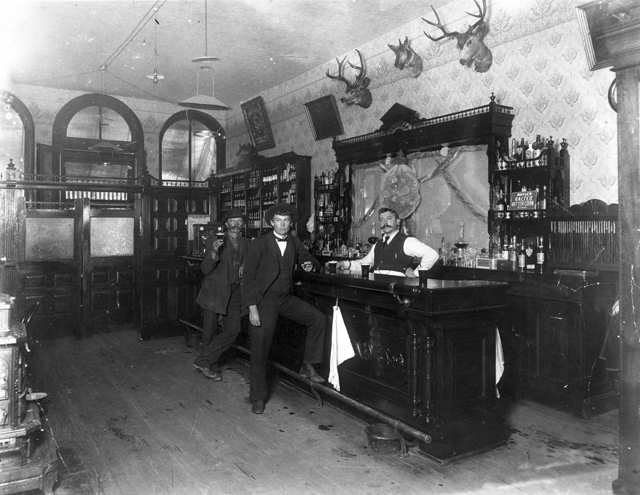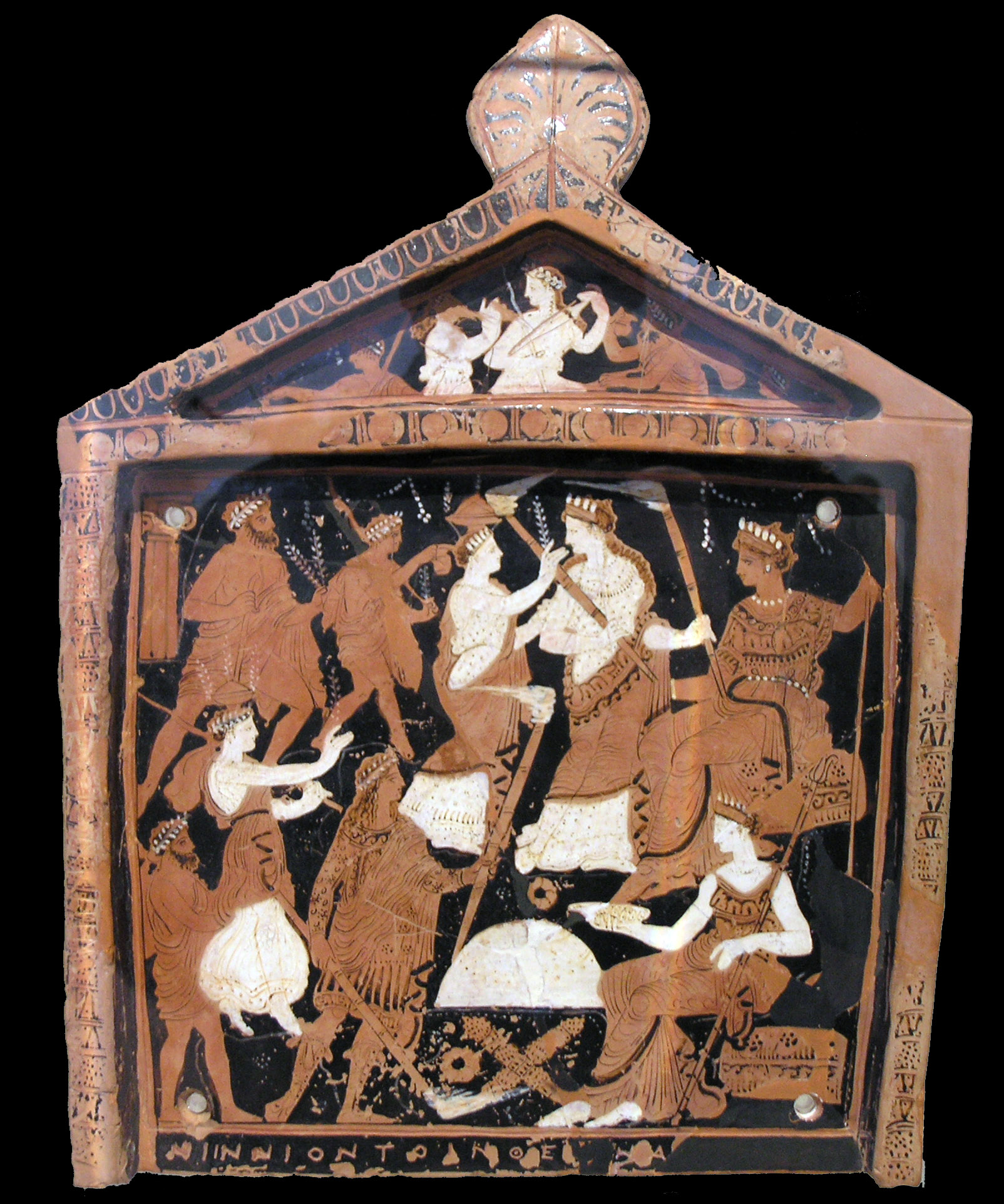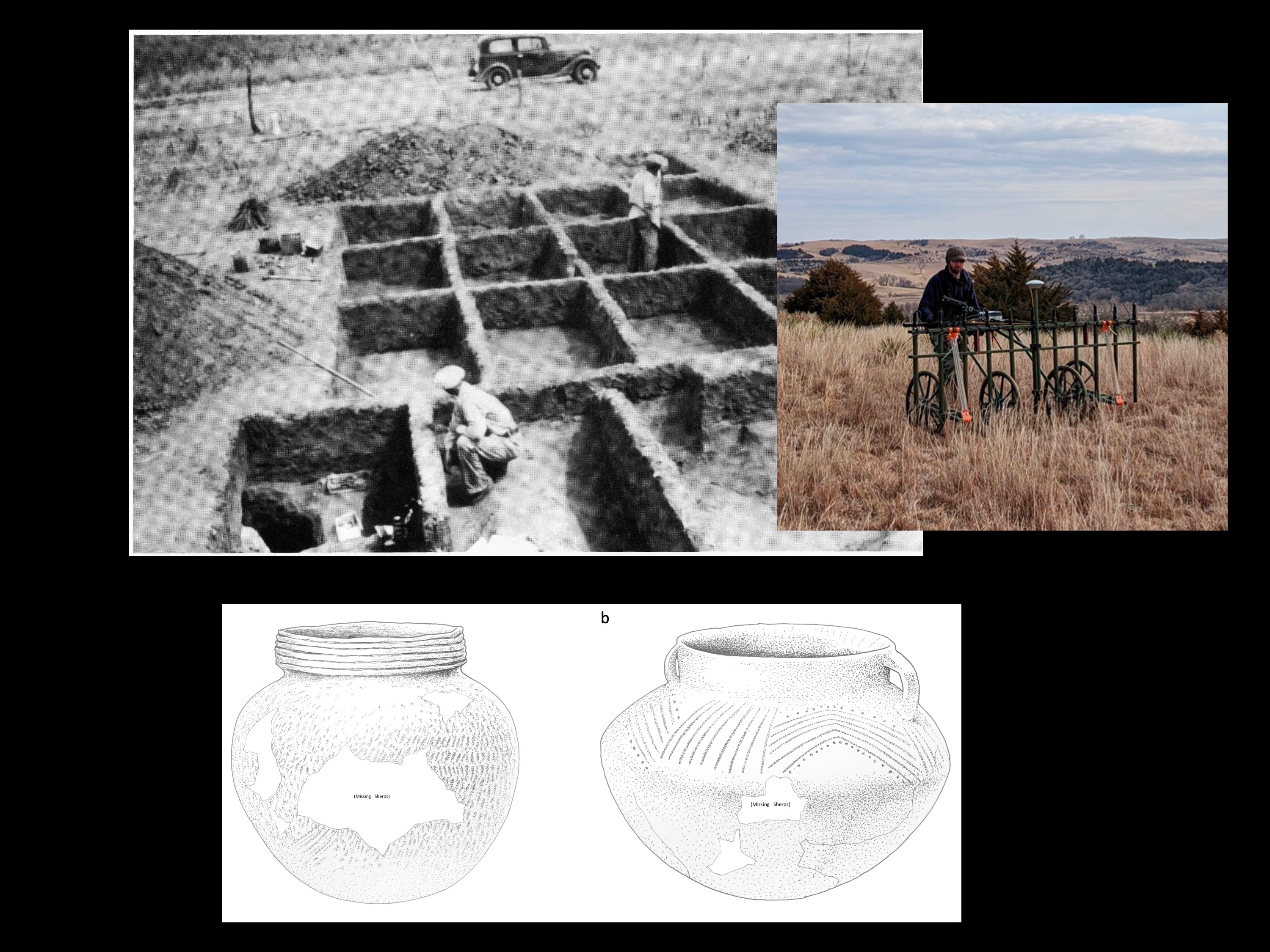Landscapes of Predation: Exploring Hostile Social Environments in Small-Scale Societies presented by Dr. Catherine Cameron (CU Boulder, Anthropology)
Ancient social environments are difficult to reconstruct, and archaeologists have a much poorer grasp of how the social environment affects where and how people live. One sort of social behavior that is often visible archaeologically is violence: raiding and warfare. Using ethnohistoric cases, I identify “landscapes of predation” created by intense social violence. I will […]


![Rupp-October2024-slide[26]](https://www.archaeological.org/wp-content/uploads/2024/09/Rupp-October2024-slide26.jpg)

